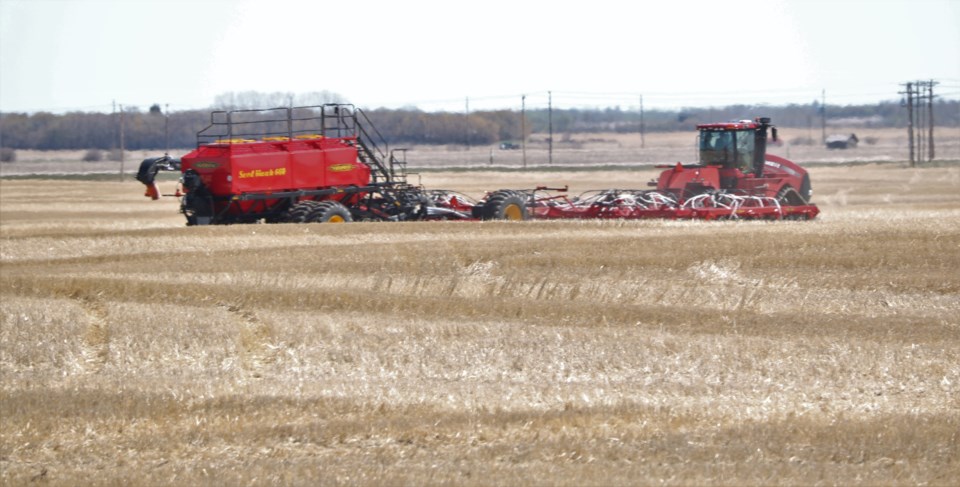YORKTON - If you want to see a headline that is polarizing in nature ‘Gene-edited wheat tested’ is a fine example.
On one hand the producer.com story will be seen as a huge first step in terms of opening the door to a technology which could have dramatic positive effects in agricultural crop production in the years ahead.
That is good news for producers, and a growing world population which will need to be fed.
On the other hand the headline will send a shudder of concern through some – in particular those who are looking at science in general as some great bugaboo destined to cause the decline of civilization.
Certainly in my own case I was excited by the prospect of what a relatively new science may do. I see weather change and unchecked population growth as issues moving forward which will put added pressure of food production.
There is little expectation of thousands of acres of new land coming under cultivation – especially if we want to maintain critical natural vegetation cover so growing more on what acres we do farm is important.
The way to get to greater production will be through science.
That said I understand the worry some feel. Science has always been beyond the common thinking of most.
When something is not well-understood it can create worry, doubt and fear.
So iron plows were seen by some as a development which would poison the soil, and the pasteurization of milk was bad, and vaccinations are more dangerous than the diseases they help prevent.
It would be folly to not at least consider the safety of any new development, asbestos insulation, lead in paint, thalidomide and Dichlorodiphenyltrichloroethane, commonly known as DDT, are examples of things once seen as safe but in time shown to be dangerous.
They are a reminder of why you need well-defined, applied and verified processes to ensure safety.
Will any protocol be 100 per cent in weeding out dangers? That is unlikely.
But then again little is 100 per cent, and the benefits of science are still huge and varied in being positive for humankind.
So which will gene editing -- a type of genetic engineering in which DNA is inserted, deleted, modified or replaced in the genome of a living organism according to Wikipedia – be in the future?
Ultimately, only time will definitively answer that question, but is a scientific path which needs to be walked down – with caution of course – for the future of food for the world.






